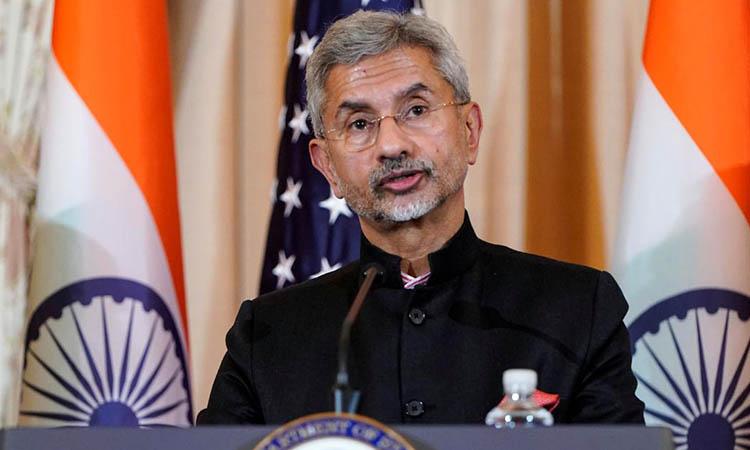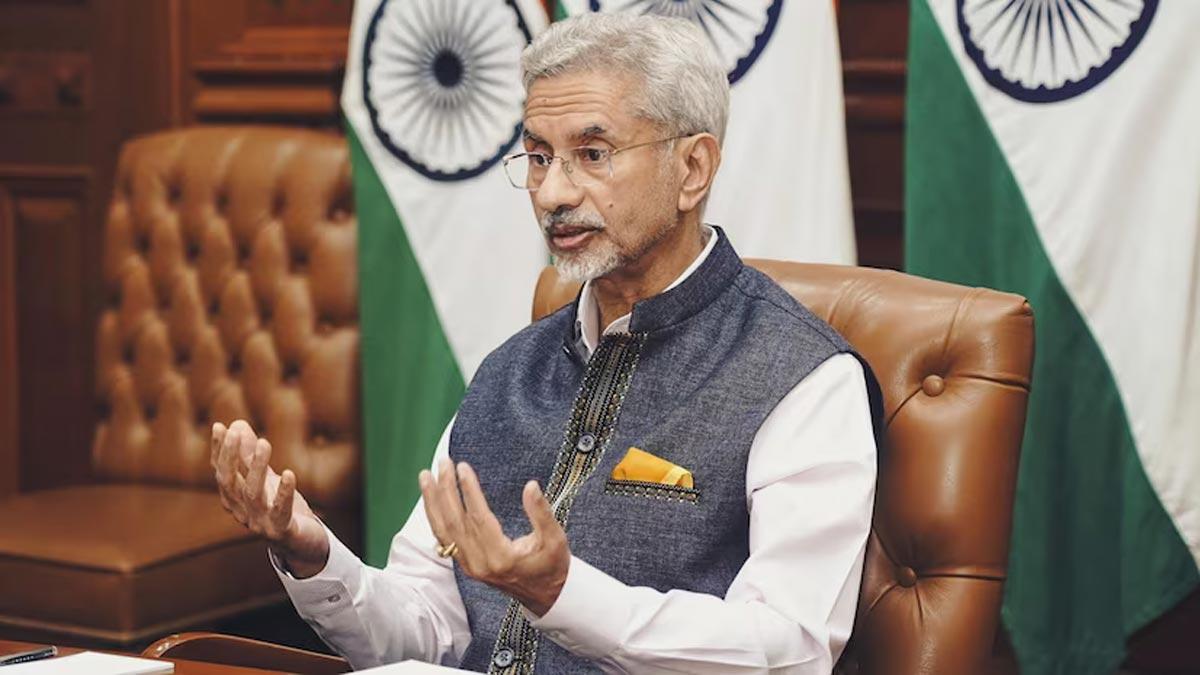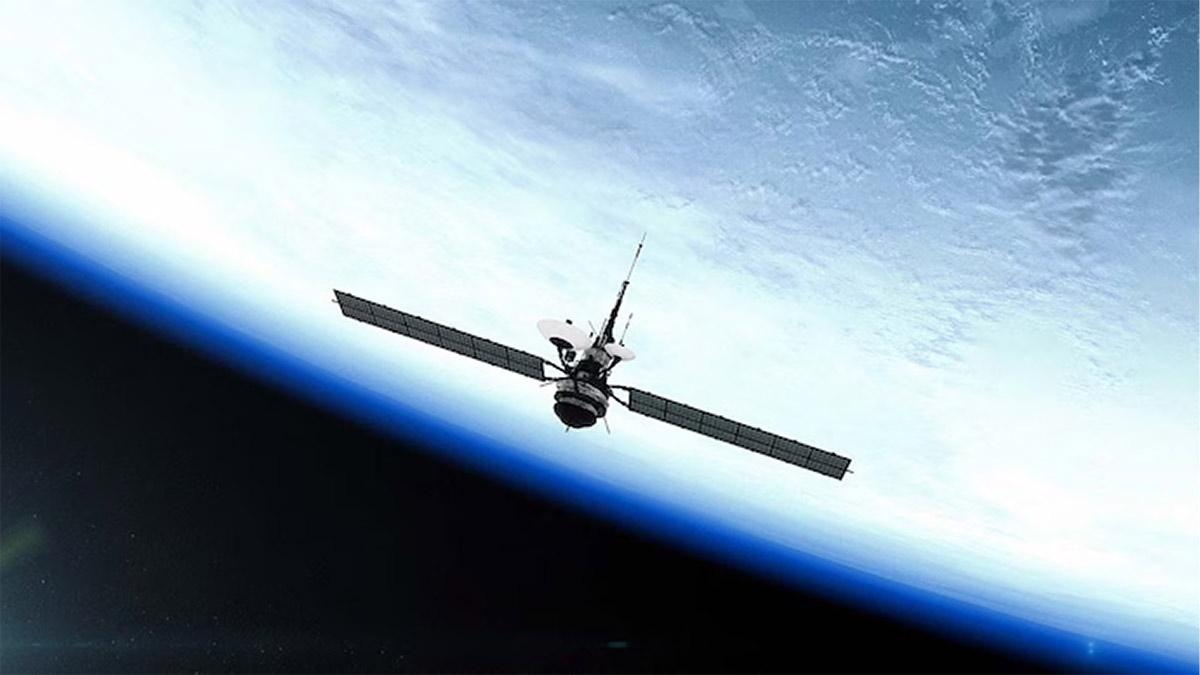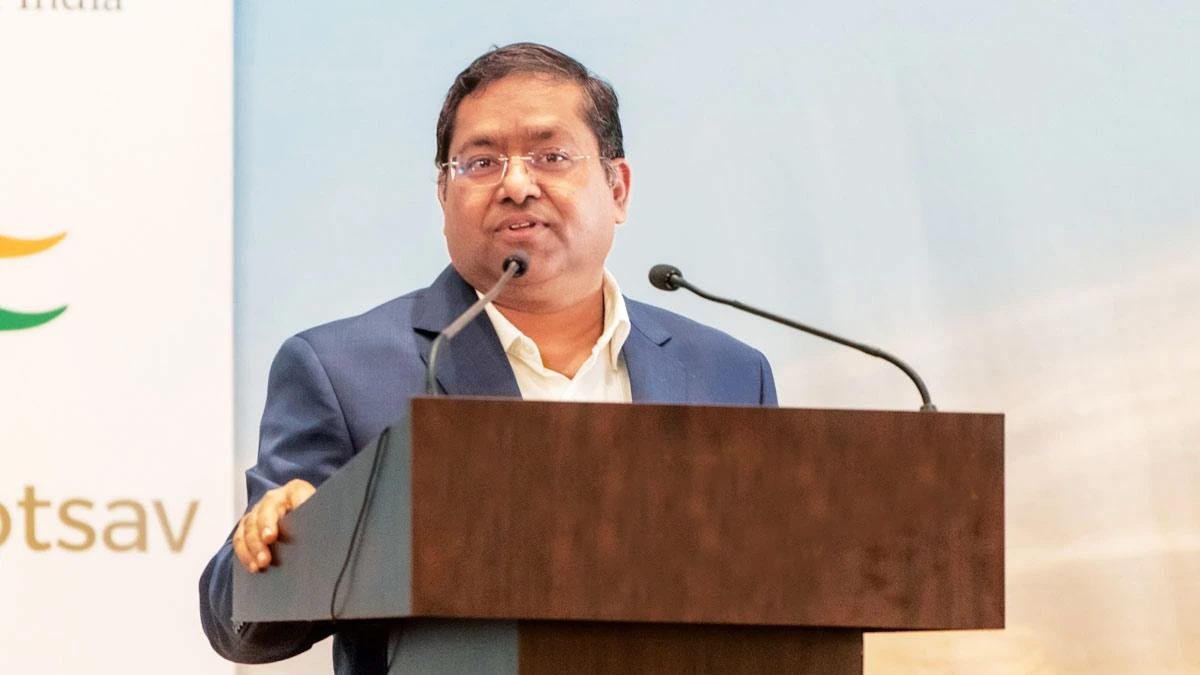Union External Affairs Minister S Jaishankar on Monday said that the days of unilateralism are over, asserting that the Quad grouping is the solution to resistance towards reformation of international organizations.
Addressing the JG Crawford Oration in Australian National University, Jaishankar said that bilateralism has its own limits and multilateralism hasn’t been working well enough, news agency ANI reported.
Jaishankar was speaking on the Indo-Australian relationship in the face of global security challenges and the rise of human and economic toll from the coronavirus disease.
Also Read | Modi nominates Vijay Goel as vice chairman of Gandhi Smriti
“Days of unilateralism are over, bilateralism has its own limits and multilateralism is simply not working well enough,” he said.
Jaishankar went on to explain that the focus of Asia and Indo-Pacific regions on modernization led them to take a minimalistic view.
“The focus of Asian sub-regions on growth and modernization led them to take a relatively minimalistic view of political accompaniment of their economic journey,” the foreign minister was quoted as saying.
Also Read | Danger of terror spreading from Afghanistan to Kashmir, Russia: Moscow
Jaishankar said that whatever may emerge next in the geopolitical field, Indo-Pacific would be at its core even though Asia has been more dynamic than Europe in the last few decades.
Many countries including the western power have been alerted to China’s rise as a global power. This has led to cooperation between nations from all around the world. The Quadrilateral Security Dialogue, which is carried by 4 countries including the USA, India, Japan, and Australia has seen a re-emergence after starting in 2007.
The Indian Foreign minister acknowledged China’s rise in power and said that the world has entered a new phase of international relations. “Let's be clear, this is not just about the rise of another power, however major,” he said.
“Where the US is understandably struggling as an entrenched power in respect of new manifestations of exerting influence and wielding power, it not only has inherent vulnerabilities but also structural constraints while engaging in contemporary forms of competition,” Jaishankar said.
Prime Minister Narendra Modi is also expected to discuss the Quad amongst other important geopolitical changes around India with US President Joe Biden ahead of their September 23rd meeting. The topics would include security concerns with the growth of the Taliban in Afghanistan, counter-terrorism, and the Indo-Pacific region.


















